San Francisco is facing legal challenges from conservative groups over its Guaranteed Income for Trans People Program (GIFT).
Judicial Watch, known for previous legal action against diversity initiatives, filed a lawsuit, asserting that GIFT violates the equal protection clause of the California Constitution.
What are Guaranteed Income Programs?

Guaranteed income programs, distinct from Universal Basic Income (UBI), offer recurring, unconditional cash payments to targeted groups, aiming to provide economic support and a basic safety net. These initiatives gained prominence, particularly during the pandemic, as U.S. cities initiated pilot programs to assess their efficacy.
Key points about guaranteed income programs include their concept and purpose. These programs establish a regular, often monthly, system of payments without attached conditions, directly aiding vulnerable populations to alleviate poverty and financial insecurity.
Difference Between Guaranteed Income at Universal Basic Income
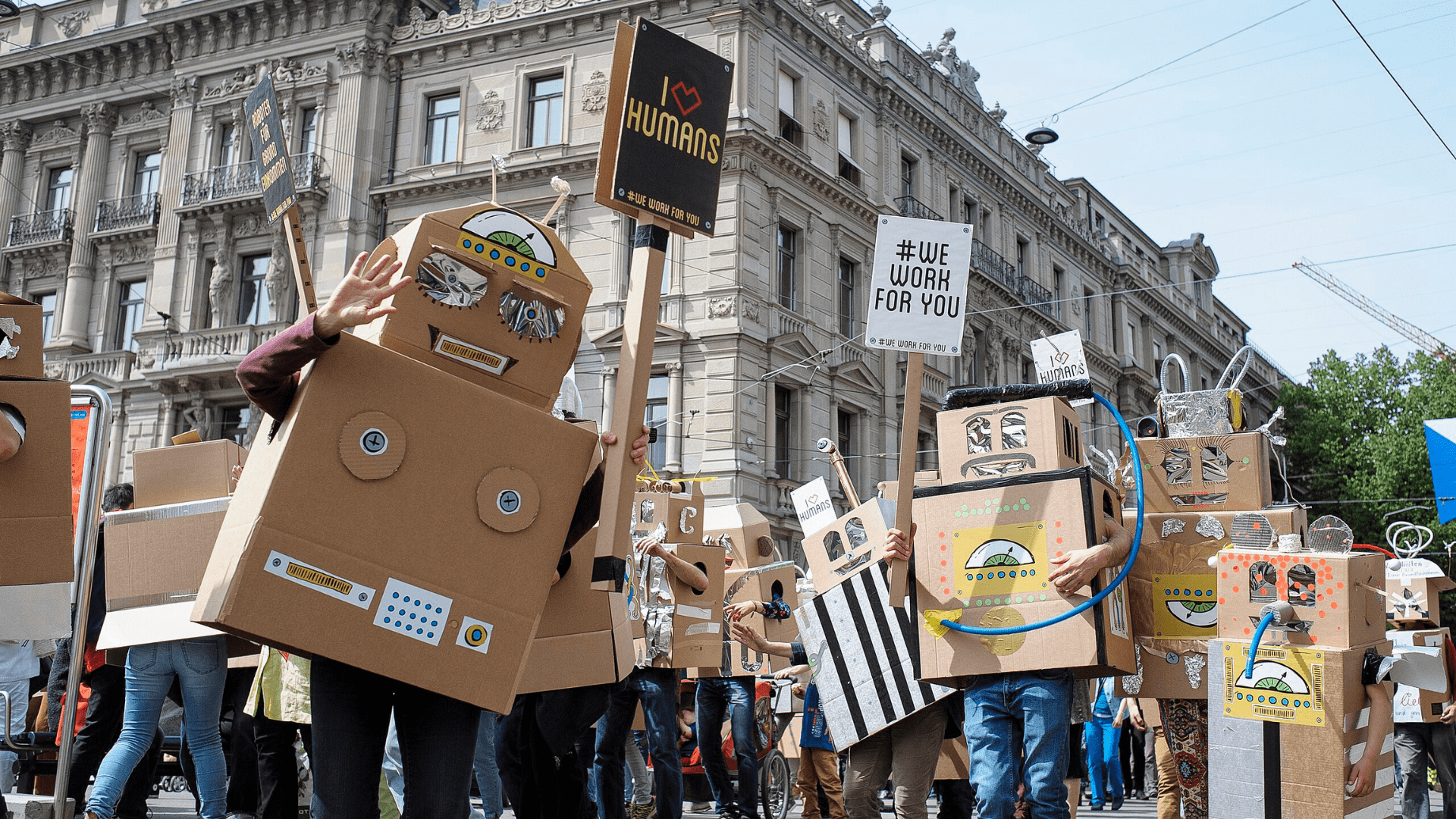
Distinguishing them from UBI, guaranteed income programs are more focused, addressing specific groups impacted by income inequality, such as the impoverished or formerly incarcerated individuals.
Various cities have embraced these initiatives, some employing random selection methods, while others choose participants based on factors like location, wealth, or occupation, as seen in programs for artists in cities like San Francisco and Long Beach, California. Mayors for a Guaranteed Income, founded in 2020, actively advocates for these programs and has garnered significant participation from city leaders.
Results of Guaranteed Income Pilot Programs
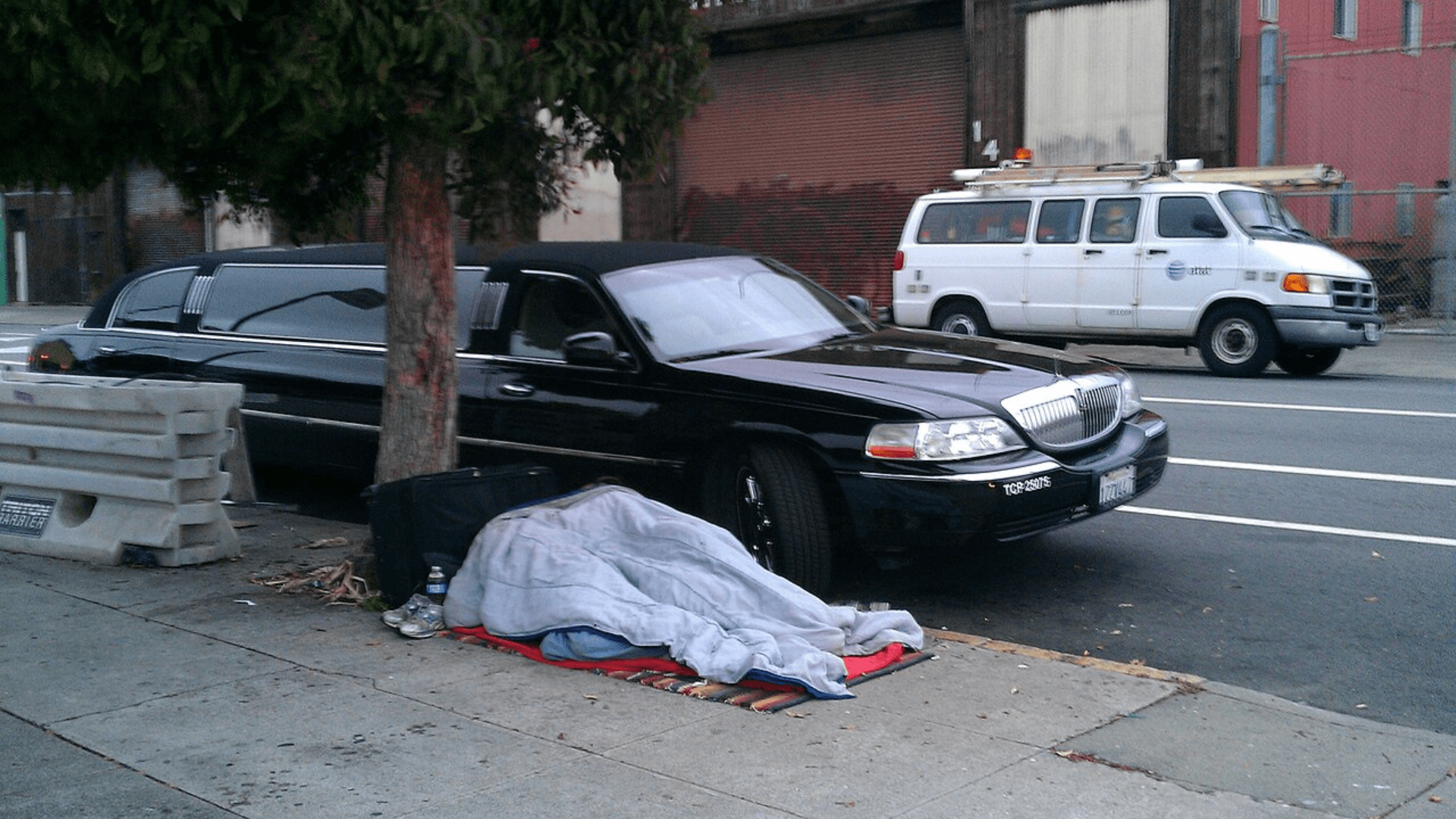
Multi-year pilot programs have yielded positive economic effects, with a 2020 study indicating that even modest income guarantees, such as $250 per month, can reduce poverty by 40%.
Grassroots nonprofits like Income Movement and the Economic Security Project collaborate with city governments and organize global marches to promote basic income. Additionally, Miracle Messages, a nonprofit assisting unhoused individuals, operates the Miracle Money program, functioning as its version of a UBI pilot by providing $500 per month in direct cash transfers to participants.
Criticism of Guaranteed Income Programs

Critics highlight potential drawbacks of guaranteed income programs, expressing concerns about fostering dependency and questioning their financial sustainability.
The fear is that such initiatives may encourage reliance on government aid and strain budgets, detracting from addressing the root causes of poverty and economic inequality. In essence, skeptics view guaranteed income as a temporary fix rather than a comprehensive solution to systemic challenges.
The Guaranteed Income for Trans People Program

The program under fire in San Francisco, implemented in collaboration with Lyon-Martin Community Health Services and the Transgender District, provides $1,200 per month for up to 18 months to 55 low-income transgender individuals.
Another conservative group, Californians for Equal Rights Foundation, had previously filed a lawsuit challenging GIFT and other programs on federal anti-discrimination grounds.
Judicial Watch’s Lawsuit Against San Francisco

The Judicial Watch lawsuit, filed on behalf of San Francisco taxpayers Michael Phillips, Paul Wildes, and Reed Sandberg, specifically targets the GIFT program.
The complaint contends that GIFT “discriminates in favor of biological Black and Latino men who identify as women in the distribution of tax money.” Judicial Watch claims the program is an illegal use of taxpayer funds, emphasizing that it violates the state constitution.
Judicial Watch Challenged Law on Corporate Board Diversity

This legal action follows Judicial Watch’s success in challenging a California law requiring diversity on corporate boards in 2022.
The group argues that San Francisco’s GIFT program unlawfully allocates taxpayer money based on race and sex. San Francisco Mayor London Breed, Treasurer José Cisneros, City Administrator Carmen Chu, and the executive director of the Office of Transgender Initiatives are named as defendants.
What Exactly is the Guaranteed Income for Trans People Program?
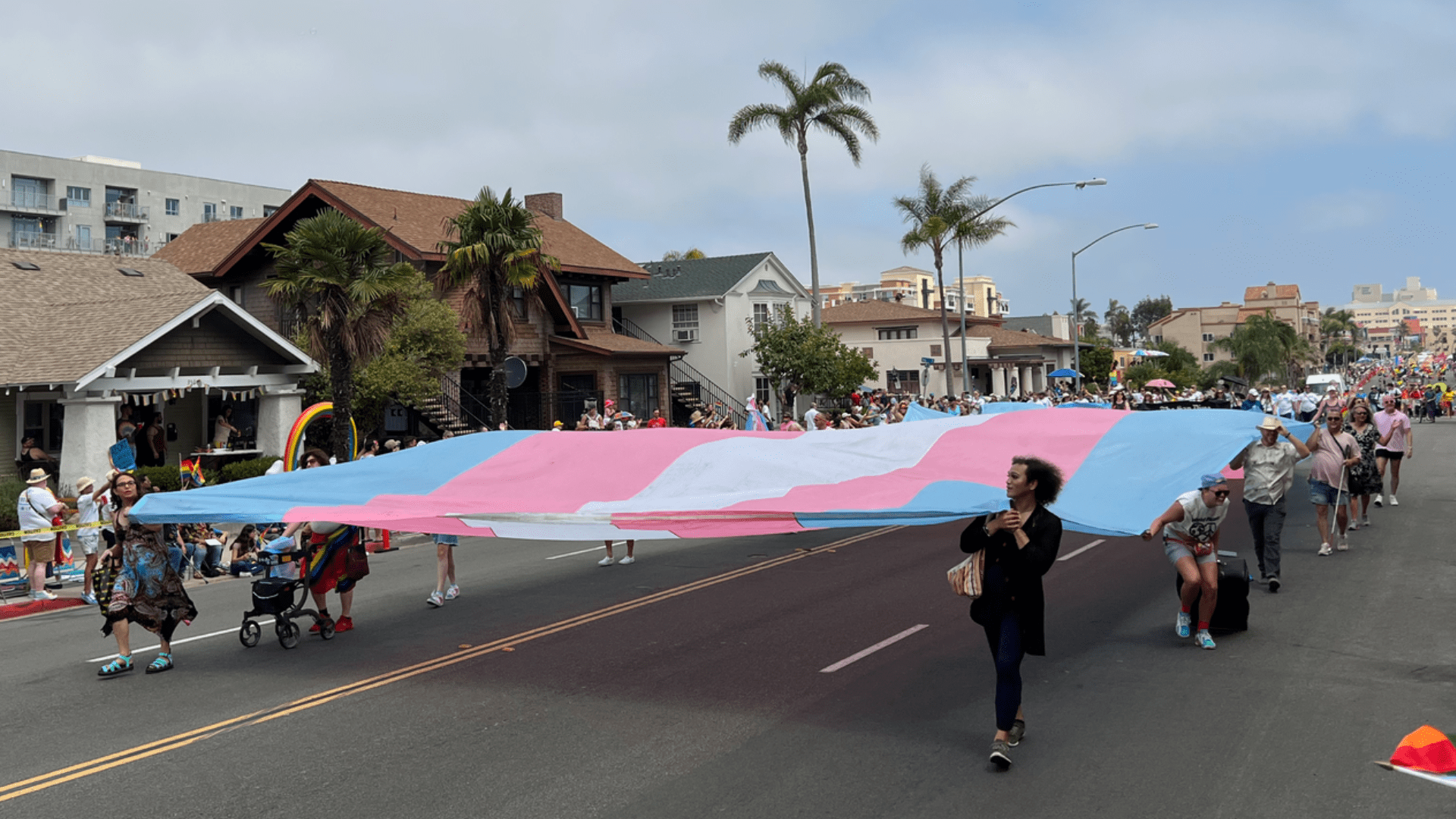
The GIFT program, initiated in 2022, is viewed as a reparative effort addressing inequalities faced by transgender communities.
Lyon-Martin Executive Director JM Jaffe sees it as the beginning of addressing systemic disparities. The program was created to support transgender, nonbinary, and intersex individuals and is part of San Francisco’s broader commitment to address the unique challenges faced by these communities.
The Lawsuit Invokes State Constitution

While the first lawsuit from Californians for Equal Rights Foundation targeted multiple programs, Judicial Watch’s lawsuit focuses solely on GIFT.
It invokes the state constitution, alleging violations of equal protection on the basis of gender identity, sex, race, and ethnicity. The complaint contends that the program provides preferential treatment to Black or Latino individuals, citing a document prioritizing enrollment for BIPOC transgender and nonbinary people.
Lawsuit Seeks Injunction Against Taxpayer Funds
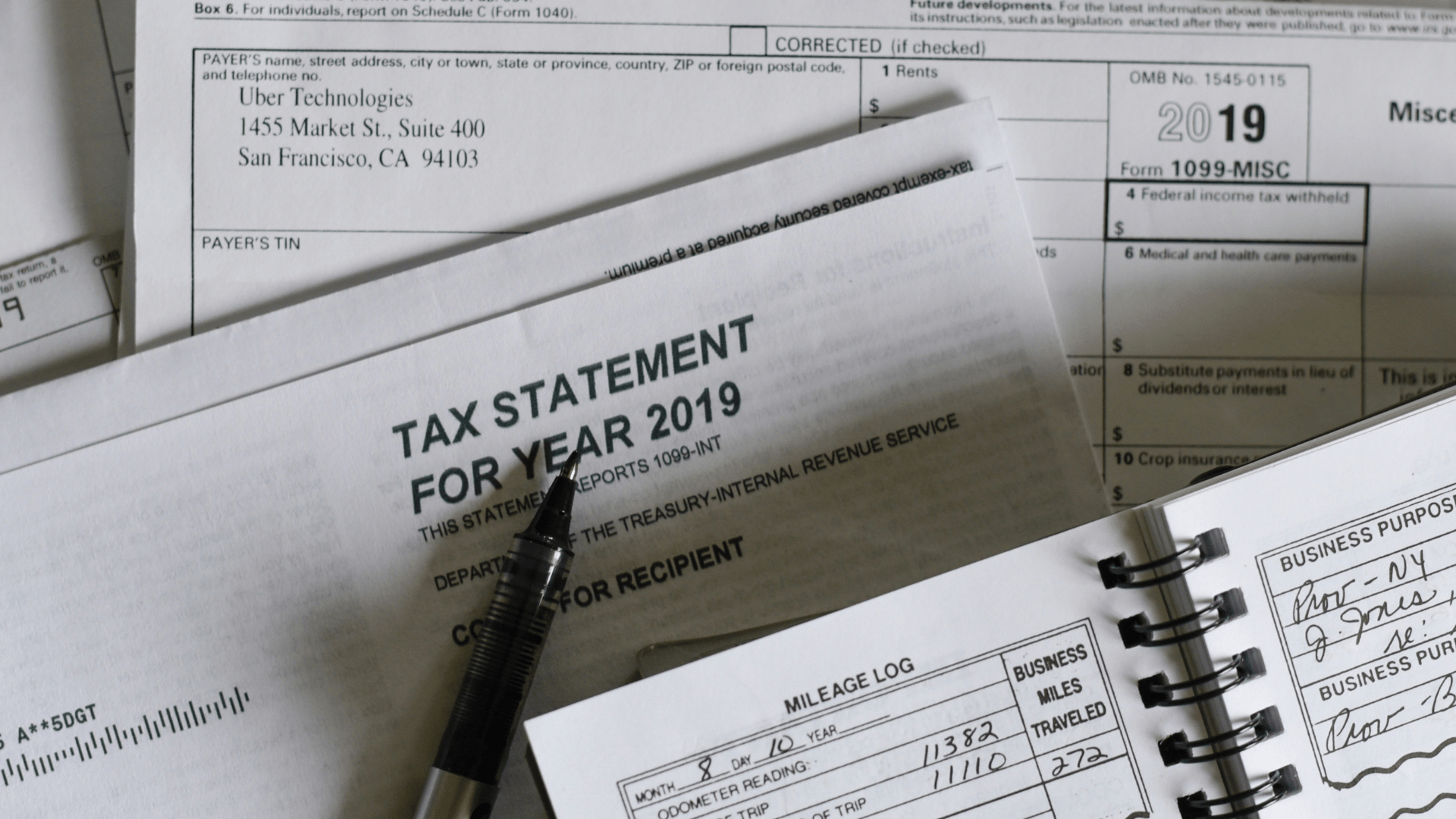
The legal challenge seeks an injunction against taxpayer funds being used for the GIFT program, declaring such expenditures illegal.
As the legal battle unfolds, the city attorney’s office, representing San Francisco, has stated that it will review the complaint and respond accordingly in court.
Continued Controversy Over Guaranteed Income Programs
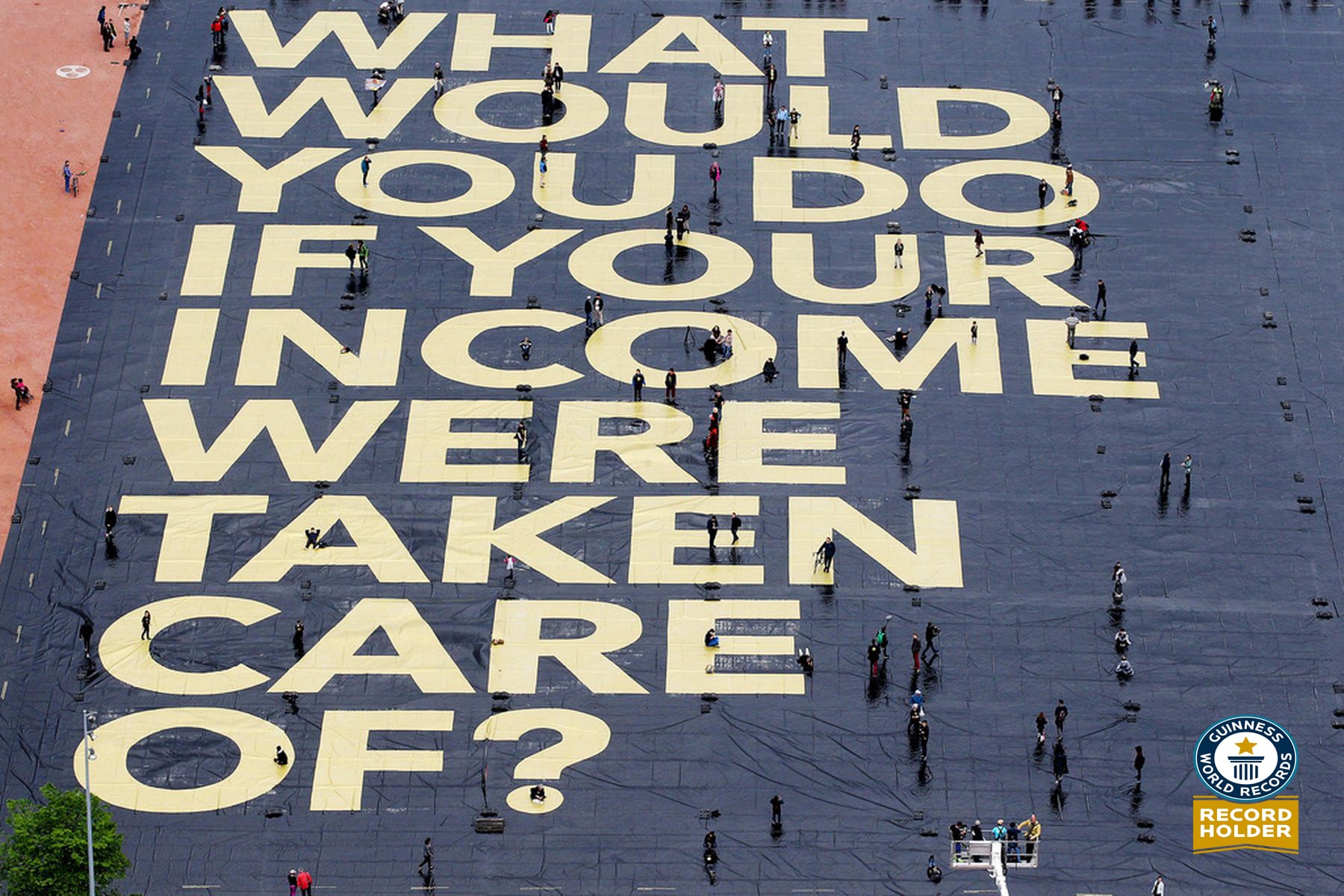
The controversy around guaranteed income programs, specifically targeting transgender individuals, underscores the intersection of legal, constitutional, and social issues.
As these legal challenges unfold, they are likely to shape the ongoing dialogue surrounding equity initiatives and the allocation of public resources.
